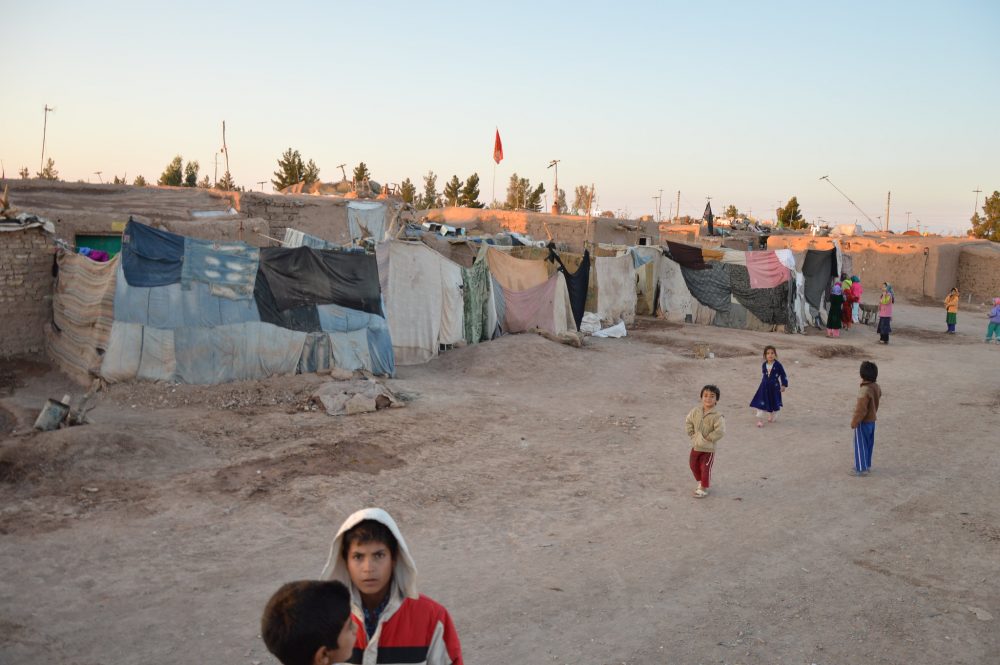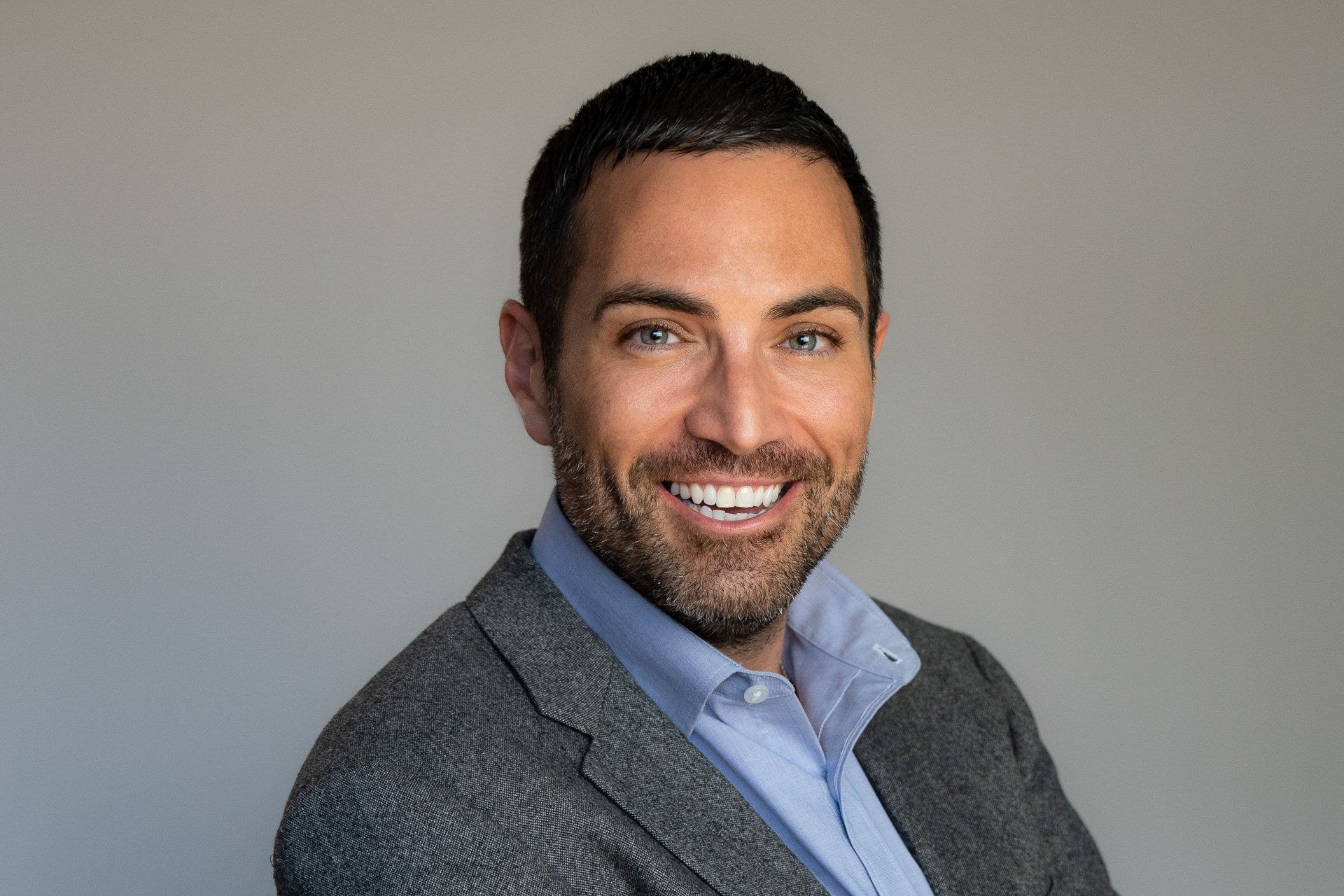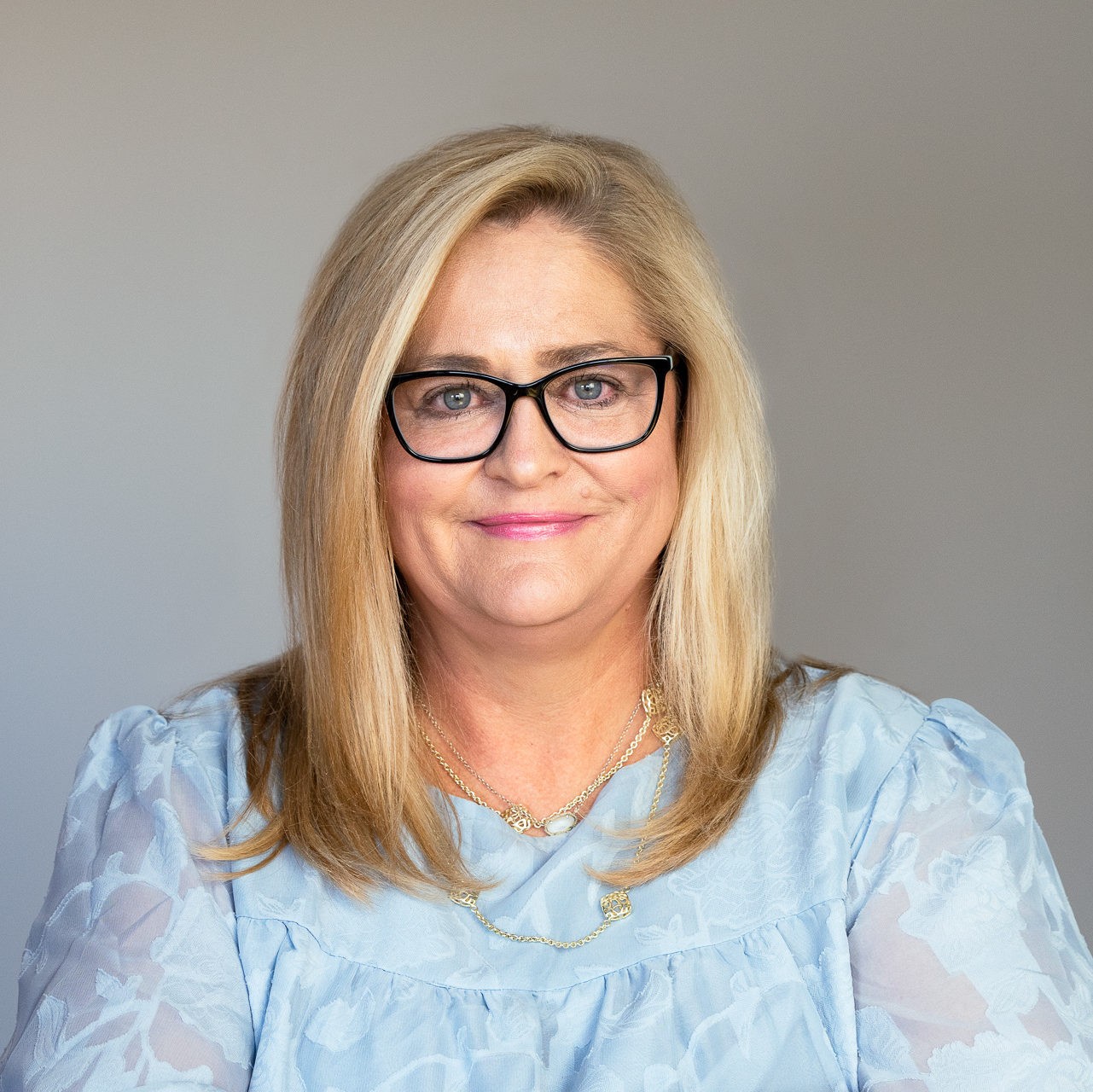Observing International Day for the Elimination of Racial Discrimination with a call for action

In the U.S. and around the world, refugees, asylum seekers, migrants and internally displaced persons are the victims of racial discrimination, racist attacks, xenophobia and ethnic intolerance. Racism is both a cause and a product of forced displacement. It is also an obstacle to its solution.
At the Center for Disaster Philanthropy, our pooled and collaborative funds support survivors suffering the consequences of disasters and crises worldwide. Our work is driven by our mission and our values, which reflect our commitment to racial and intersectional equity. As we observe this International Day for the Elimination of Racial Discrimination, we want to draw attention to how the systemic issues of colonialism, marginalization and discrimination both cause and exacerbate the negative humanitarian impacts of disasters and crises and inform our grantmaking domestically and internationally.
Though we have separate funds and teams focused on domestic (U.S.-based) and international grantmaking, we know the disastrous impacts of hazards and crises in one part of the world often affect other areas. This is particularly evident in refugee crises. Multiple factors, including conflict and climate change, are contributing to the largest number of displaced persons ever, with refugees frequently forced to leave their homes to seek safety for their families in places that are not adequately able to support or protect them.
Racism and regional disparity in the international response to refugee crises
There is gross regional disparity in the international response to refugee crises. The Kosovo and Ukrainian refugee crises, the two largest and most high-profile refugee crises in Europe since World War II, generated a generous outpouring of international support and assistance and separate, preferential refugee hosting policies for these populations over others.
This support has not been matched in refugee situations in other parts of the world, namely Africa, Asia, Latin America and the Middle East. Large, long-term refugee populations in countries such as Pakistan, which hosts over 4 million primarily Afghan refugees; Iran, with around 3 million Afghan refugees; Turkey, with 3.7 million Syrian refugees; Colombia, with over 3 million Venezuelan refugees; and Uganda, with over 1.5 million refugees from South Sudan and the Democratic Republic of Congo, have been sorely neglected by the international community.
The inequitable provision of media attention and international assistance to these refugee situations results in diminishing protection, poor living conditions and an increasing unwillingness by host states (e.g., Colombia, Lebanon or the United States) to take in new influxes of refugees. As a result, refugees are forced into the margins, increasing their vulnerability to humanitarian crises and disasters.
Racism and disparity in the U.S. and America’s response to refugee crises
By the end of 2021, a decade after the start of the Syrian conflict, the U.S. had only taken around 23,300 Syrian refugees, despite 6.6 million people fleeing the country. In comparison, in February 2023, only one year into Russia’s full-scale invasion of Ukraine, the U.S. had taken in 271,000 Ukrainian refugees out of 6 million who fled the conflict.
Venezuela has faced a years-long humanitarian crisis, with almost 8 million migrants and refugees fleeing the country, making it the world’s largest migrant and refugee crisis. In September 2023, the Biden administration extended temporary legal status to an estimated 472,000 Venezuelans living in the United States, citing “extraordinary” circumstances.
By comparison, on Jan. 27, 2017, the Trump administration signed an executive order that banned travel to the United States from seven predominantly Muslim countries–Iran, Iraq, Libya, Somalia, Sudan, Syria, and Yemen – and suspended the resettlement of all Syrian refugees. This ban is widely accepted as discriminatory and contributed to an increased economic and social vulnerability to disasters faced by refugees trying to integrate into life in the U.S. An example of this can be seen in a recent study, which found that darker-skinned migrants and refugees tend to earn up to 25 percent less than their lighter-skinned counterparts.
Restrictive immigration policies are implemented within a climate of hostility and xenophobia toward refugees, asylum seekers and migrants. Many politicians and members of the media have manipulated xenophobic and racist fears to muster short-term political support. They and some in the general public have portrayed asylum seekers as bogus or criminals because of the “illegal” way in which they are forced to enter “Western” countries due to bad refugee immigration and asylum policies that marginalize these groups and make them more vulnerable to disasters and unable to equitably access assistance when they occur.
The impact of these disparities
In the U.S., the result of the intentional and unintentional bad policies implemented at the southern border is an increase in immigrants remaining in other host countries in Latin America, amplifying the crises and humanitarian needs in those countries, such as Mexico and Colombia, and pushing crisis-affected racial minorities to the margins of society. For example, black asylum seekers stranded in Mexico are targeted due to their race and nationality by Mexican immigration officials and police (extortion, bribes, and violence) and by cartels (kidnapping, rape, murder, trafficking, robbery and other forms of violence).
The intersection of migration and racism has tangible impacts, including on a person’s financial inclusion. A study in five Latin American countries determined that how people are treated in economic, labor and educational contexts is related more to their skin than their ethnic identity.
A 2017 study of homophobia, racism and the experiences of lesbian, gay and bisexual (LGB) individuals found there is more social tolerance for lighter-skinned LGB individuals than for their darker-skinned counterparts. Dark-skinned LGB persons are accused of renouncing their racial identity as Afro-Caribbean and more frequently experience homophobia, economic and social exclusion, violence, and challenges accessing assistance during and after disasters.
How CDP is responding to these issues
Refugee crises around the world are often the direct result of racial/ethnic conflicts, climate change, and systemic racial and intersectional discrimination. CDP has funded complex humanitarian emergencies (CHEs) internationally since its founding. We’ve also named the migrant and refugee crisis created by the compounding of issues at the southern border and across the U.S. as a domestic CHE.
Examples of CDP international funding to address CHEs that result from or are affected by racism and other intersectional discrimination include:
- The Association of Roma Women in Ukraine received two-year funding to ensure the long-term capacity, stability and organizational development of this ethnic minority Roma women-led organization, ensuring it can continue to assist the most vulnerable affected/displaced Roma populations, tackle social and financial exclusion, and promote their economic recovery and well-being.
- The Wayuu Taya Foundation received funding to purchase two water trucks to transport and sell water in local markets, the proceeds of which will be used to provide free, regular, trucked water supply to water-deprived Indigenous Wayuu communities on the Venezuelan border with Colombia, while the Foundation reinvests the profits in durable water solutions for these remote Indigenous communities.
- Organization for Refugee, Asylum and Migration (ORAM) received funding to support marginalized LGBTQIA+ refugees, migrants and asylum seekers (many in transit status) in Mexico at the U.S. border and in Kenya by providing legal assistance, training, mentoring and business skills development and capital, allowing them to start small businesses or increase employment in their current location and eventually the U.S. The project supported LGBTQIA+ refugees in generating a living income to survive (food, water, rent, etc.) and provided them with community and a sense of purpose, positively impacting their mental health and overall well-being.
We’ve directed some of our U.S.-based grant funds to help address the effects of the domestic CHE in cities and states along the border and beyond.
- The UndocuBlack Network received funding to support their work advocating for Black migrants seeking asylum at the southern U.S. border and for policy changes at the federal level.
- Transgender Law Center was awarded two grants to support the Border Butterflies Project, which is a collaborative and strategic response to provide holistic and comprehensive support to lesbian, gay, bisexual and transgender migrants seeking asylum at the U.S./Mexico border.
- We also supported multiple local organizations in U.S. cities welcoming migrants who arrive there due to state-supported busing programs from the southern U.S. border.
What donors can do
- Think globally. Events that happen in places that might seem a world away affect us all. We also need to consider the impact on the most marginalized groups to support equitable recovery from any disaster or crisis.
- Support local organizations that are representative of the groups that are most affected by racial and other forms of discrimination whenever possible. Strengthen the capacity of these organizations to support sustainable and equitable recovery and resilience.
- Consider intersectional characteristics such as race, language, disabilities, gender, religion, sexual orientation, gender identity, gender expression and sex characteristics for a comprehensive and holistic approach in a disaster management context.
- Understand the intersection of racism, discrimination, climate change and catastrophic events, and plan accordingly. Address root causes at the local level to build resilience, prepare for, mitigate, and potentially prevent devastation and migration.
As we reflect on the vulnerabilities created by racial and other discrimination on this day of recognition, we ask you to join us in a recommitment to consider these issues when making giving decisions and build a more just world where all communities can better withstand disasters and recover equitably when they occur.

